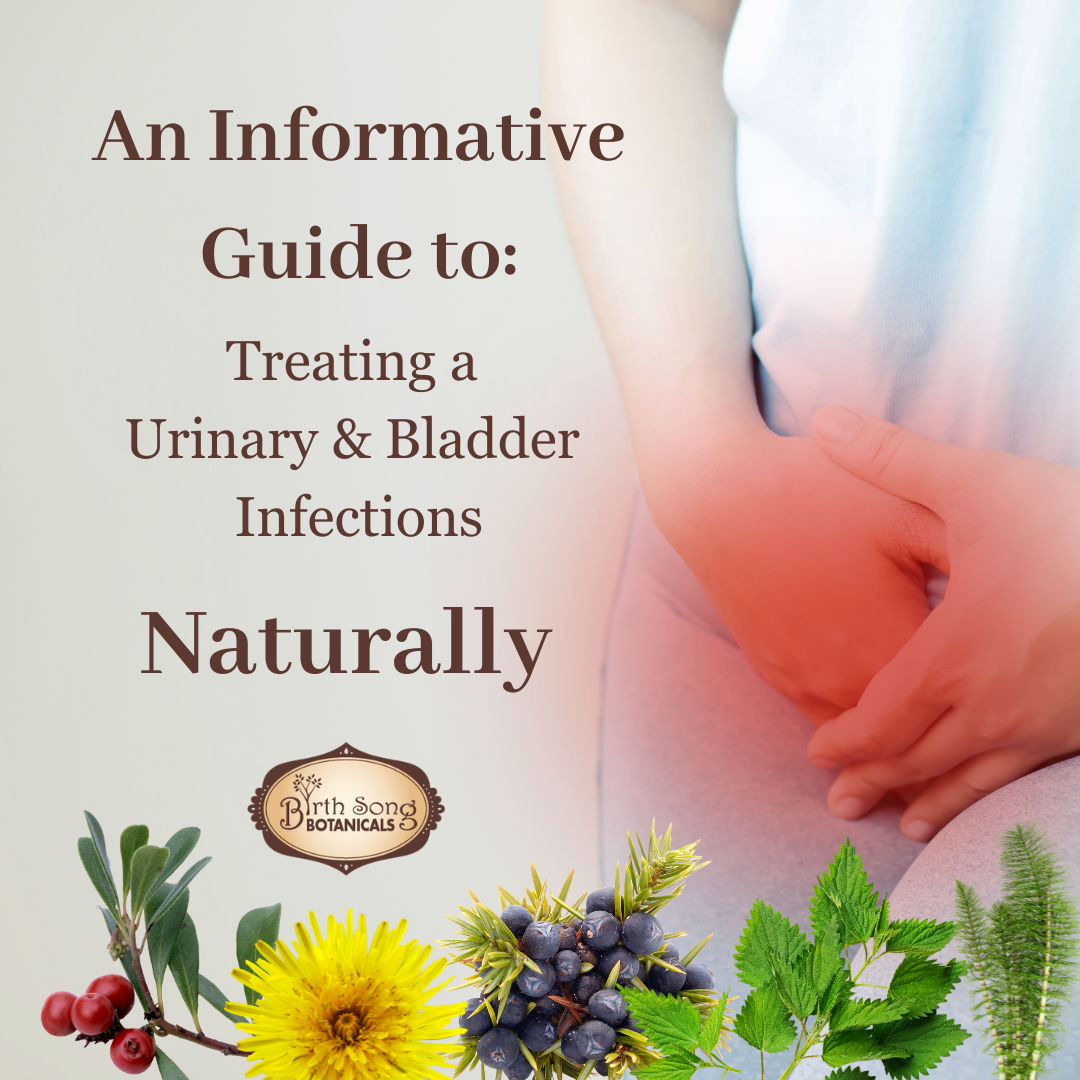First Week with Baby

The first week with a new baby is a haze of sheer bliss and utter confusion. It’s absolutely amazing that you’re getting to know this new little person that was inside of you just moments ago...but it’s absolutely terrifying that you’re getting to know a new person! What do they need? What are they communicating? What is your body telling you? How is it changing? And why is it all still so challenging?
You’ll look back on that first week with your new baby as something you absolutely adore and cherish and as something you barely remember in a blur of change. It’s the paradox of parenting, and it starts right away. Prepare as much as you can by knowing what to expect and having the right tools and support on hand to get you through.
Sleep
Thanks to pregnancy insomnia, you’ve probably already kissed a normal 8 hours a night goodbye. If you haven’t, you likely will in the first week with your new baby. That doesn’t have to mean complete sleeplessness, though it will mean an adjustment to your routine.
The first day or so after birth, your baby is likely to sleep quite a bit. All through the day, all through the night, with fewer wakings to feed than she’ll have later. If you try to stay awake all day and plan to sleep at night, those wakings will be extra tiresome and you’ll struggle to catch up.
The biggest rule of the first week with a new baby is to sleep when baby sleeps.
Cuddling together, skin to skin, will not only help you to relax to nap and recuperate from birth, but it will help baby’s temperature, breathing patterns, and sleeping patterns begin to normalize, as well. So, simply put, your job after baby is born is to snuggle, rest, and learn to breastfeed.
Set your sleep expectations for baby to be learning her days and nights, and set your own sleep expectations to be grabbing rest wherever you can get it.
Bleeding & Discharge
After nine months of slowly shifting to accommodate the baby, birth tossed it all back to the beginning in one fell swoop. You’ll feel shifting sensations in your organs, loose jelly-belly skin, and cramping as your uterus continues contracting to shrink back down to size. Subsequent pregnancies tend to create more intense after birth contractions, so our Nurtured Mother Afterbirth Cramp Relief Tincture is a postpartum must-have.

With each contraction – stimulated by baby’s latch – the uterus will expel blood in a discharge called lochia. You’ll bleed most heavily in the first day or two, tapering off as time goes on. Immediately postpartum, you’ll likely bleed significantly, but you should not expect to soak through a heavy pad in an hour. If this happens or you find it getting heavier, call your care provider right away.
Under normal circumstances, though, you’ll bleed like a heavy period for a day or two, tapering off and getting lighter in color until it’s pink/white/or even clear. Bleeding usually lasts 2-4 weeks, though you may find it lasts a bit longer or picks back up again if you’ve overextended yourself.
Perineal Care
Along with discharge, you will most likely find perineal discomfort or even pain, especially if you have had a tear or episiotomy. Go easy on yourself with activity, and use a peri bottle to rinse yourself clean after using the bathroom. For added healing, you can make a small batch of postpartum herb bath herbs to add to the peri bottle.
The postpartum herb bath is another important part of the first week after your baby comes, for both your perineum and your baby. The herbs are anti-inflammatory and antiseptic, meant to soothe while protecting delicate areas. This also means it’s safe for baby’s healing umbilical cord, allowing gentle submerged baths without posing a risk to their cord. This is an incredibly special time for mom and baby to bond, giving you a bit of a peek into their world in the warm water-filled womb.
To further umbilical healing, I have also developed a healing powder that dries the umbilical stump in a soothing and safe way. You might find it helps your stitches heal if applied there, as well.
Learning to Nurse
This is the real work in the first week, as you and baby learn each other and find a rhythm that is all your own. The closeness of your baby is one of the most beautiful things you will ever experience...and yet the frustration that can come with learning to nurse might feel helpless and exhausting.
Take a breath (breathe in that new baby smell). You can do this.
The most important thing to learn is a good latch. This takes effort for both you and baby. Be diligent in working for a latch that leaves baby’s lips flanged and mouth around most or all of the areola. This will also leave you with sore nipples, and if the latch isn’t quite right, can progress to cracked and bleeding. A good healing nipple salve will be your best friend.

In the first days, baby will only need colostrum. They may seem frantic in nursing, but that’s not because you have a low supply – it’s because they are bringing your milk in. Supply meets demand, so baby instinctively nurses more than he will later in order to change the colostrum into milk. Nurse whenever baby shows he wants to with an open mouth, licking, smacking lips, turning his head...
By the end of the first week, your milk will come in, which will lead to full breasts and likely engorgement. This can range from uncomfortable to painful. Let the milk flow freely when you are engorged, which could pose a leaky mess. A warm shower can help make this happen as well as relieve some of the pain.
You may need to express a bit to loosen your nipple complex enough to be able to latch. Just make sure you do so right before latching, because your breasts will keep making milk as long as they think you need it. For this reason, pumping to relieve engorgement pressure is only a short term solution. The stimulation will signal that you do need all of that milk, and the cycle will continue again.
You will probably still have a learning curve after the first week, but this is the biggest hurdle you’ll face. If you’re struggling to get baby latched or you are concerned about when your milk might come in, contact your La Leche League leader or midwife for help getting it right.
Ask for Help
You should never feel alone as a new mother, but sometimes we do simply because we do not ask for help. You might be surprised at the network around you.
Hopefully, you have friends and family who are willing to do what you need them to so that you can focus on your baby. A Meal Train is an excellent way to let people know exactly what you need so that they can help you freely. Later, you might appreciate someone holding your baby so that you can shower or sleep, but in the first week visitors should know that your priority is resting and learning your baby.
If you need more help, your care provider and La Leche League leaders should be able to answer questions and provide support. That is what they are there for, so shake away any mom guilt about inconveniencing them. They cannot help if you don't ask. Additionally, the La Leche League itself may provide a network of supportive moms if you do not have one – or even if you do.
Reaching out for help is absolutely vital, because postpartum depression is a very real and dangerous problem that can especially take hold if you feel isolated.
- Plan ahead to reach out for help.
- Meet League leaders and attend a meeting. Program their numbers into your phone.
- Set up a meal train and designate someone to coordinate.
- Hire a postpartum doula.
You can do this; you are doing this; your baby is loved and loves you.







